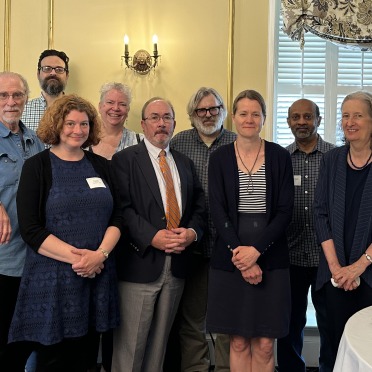Through the North Shore Policy Lab, students will participate in faculty-guided research projects carried out in collaboration with public and non-profit organizations to address public policy issues in our region. The Policy Lab provides a unique "hands-on" learning opportunity for students to develop skills, gain experience and build networks within the public and non-profit sectors to prepare them for jobs and civic engagement in their communities.
North Shore Policy Lab includes a two-course sequence:
Fall Semester: POL 390 Applied Policy Research
(3 credits) equips students to conduct qualitative and quantitative social science research in governmental and non-governmental settings. POL390 is a pre-requisite of POL419, North Shore Policy Lab Practicum.
Spring Semester: POL 419 North Shore Policy Lab Practicum
(4 credits) prepares students for public policy careers and engagement in their communities by providing "hands-on" learning opportunities to conduct policy research on behalf of state and local government offices and non-profit organizations to benefit the North Shore.
